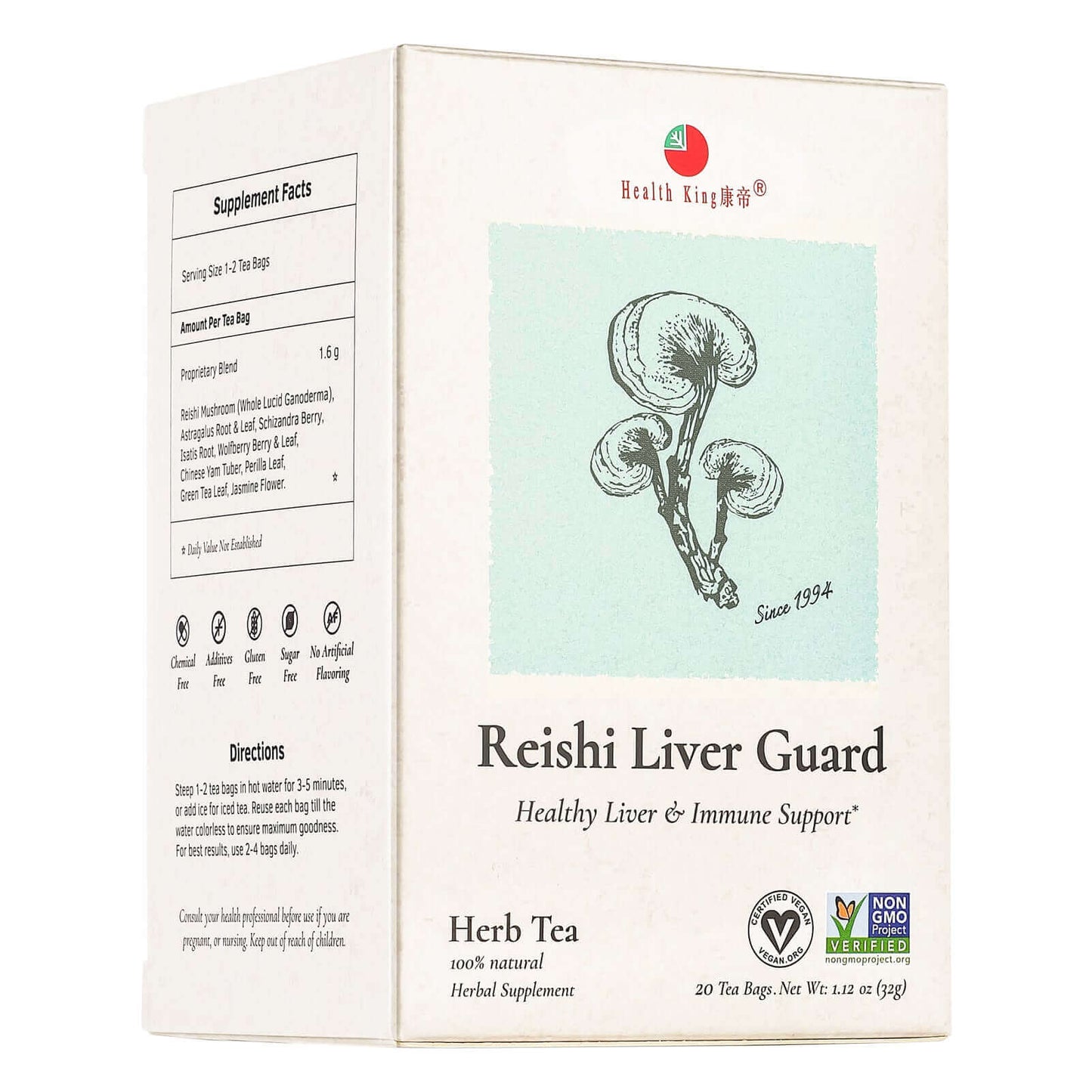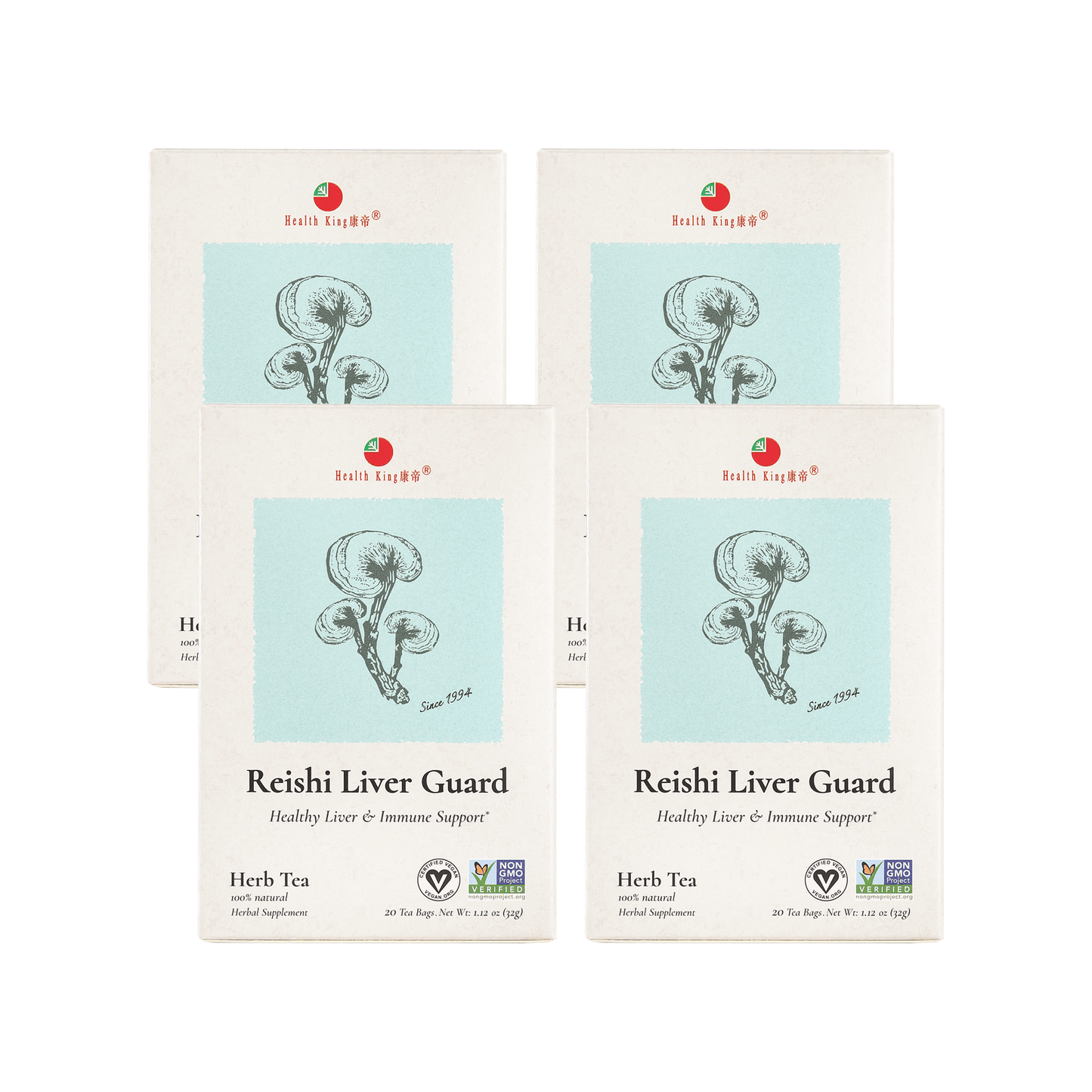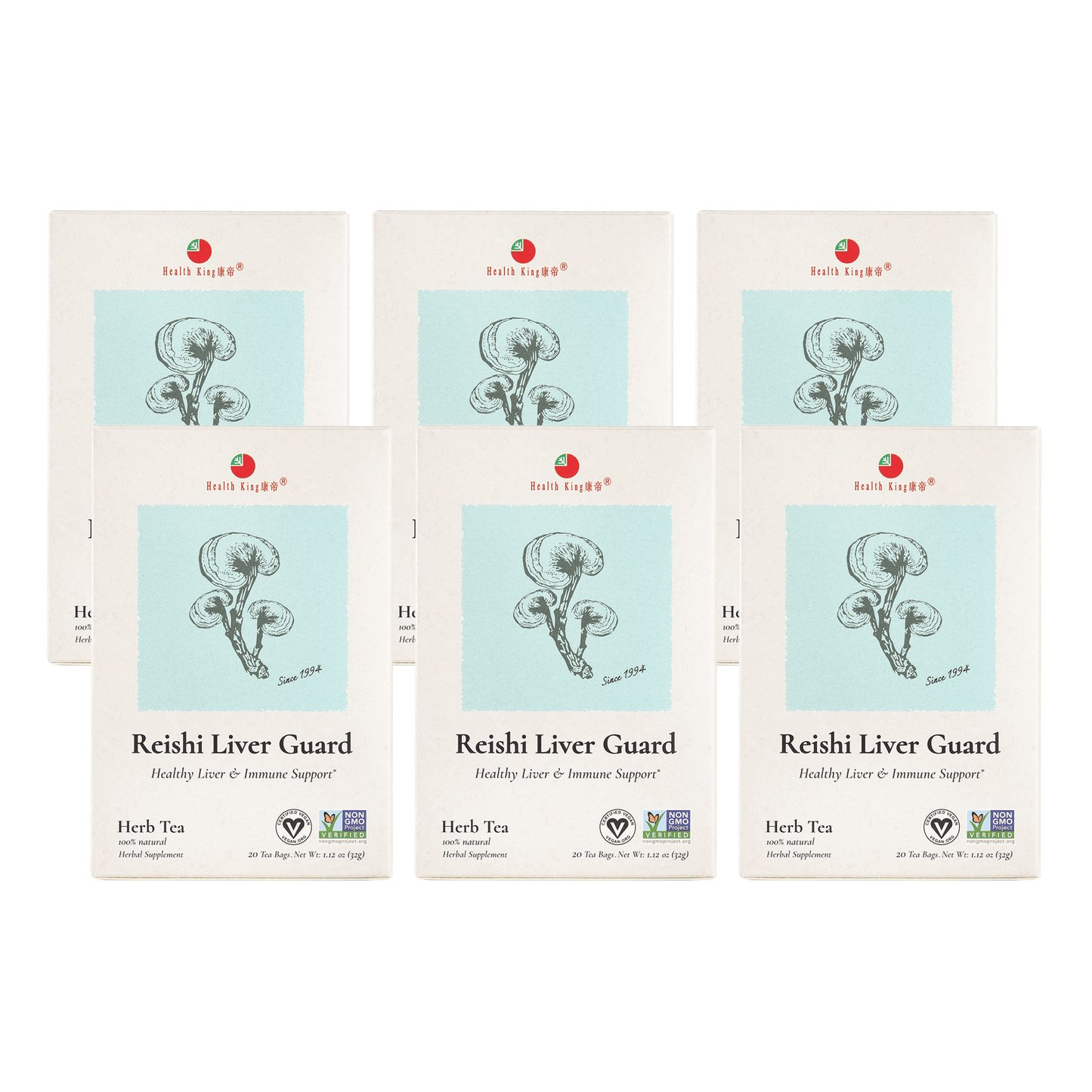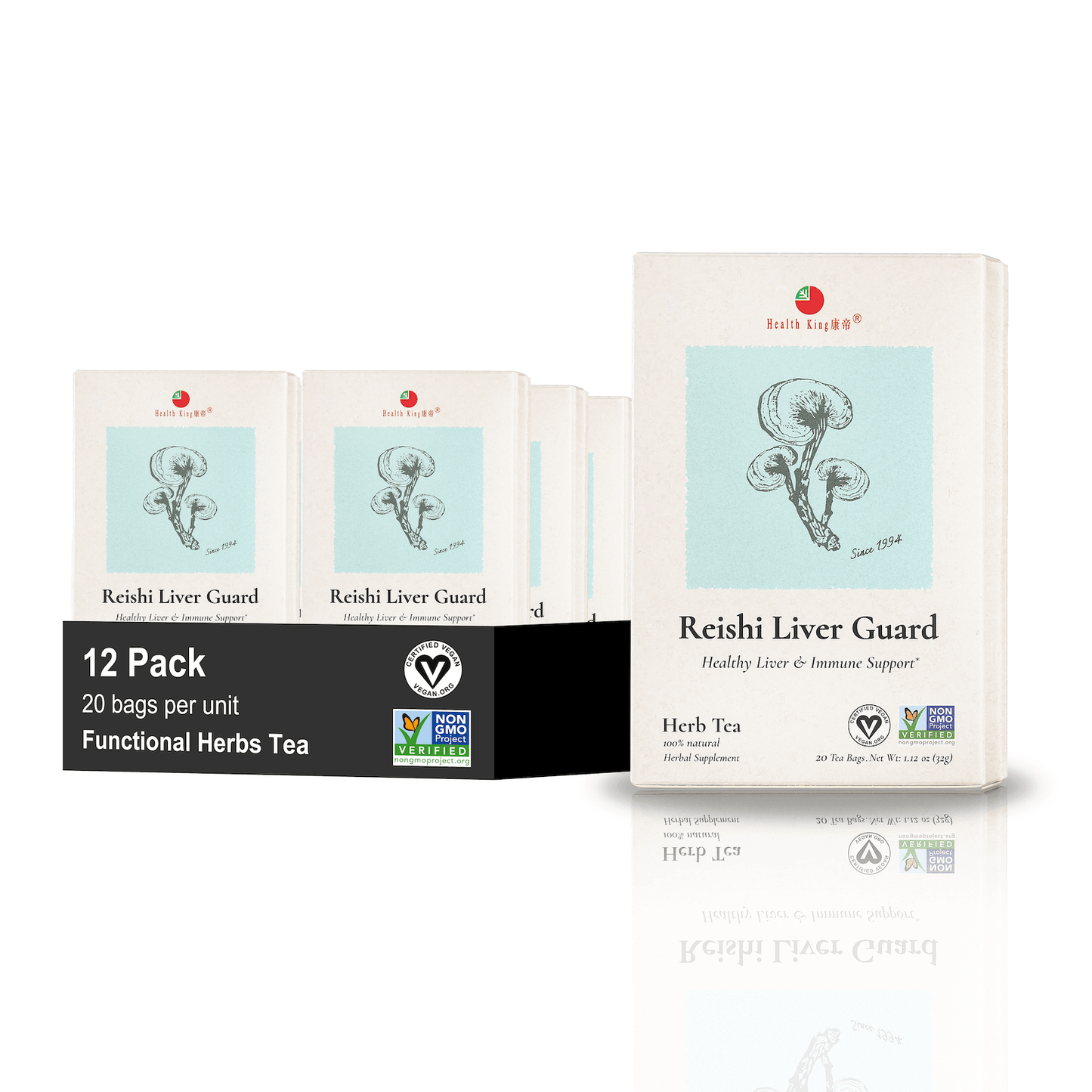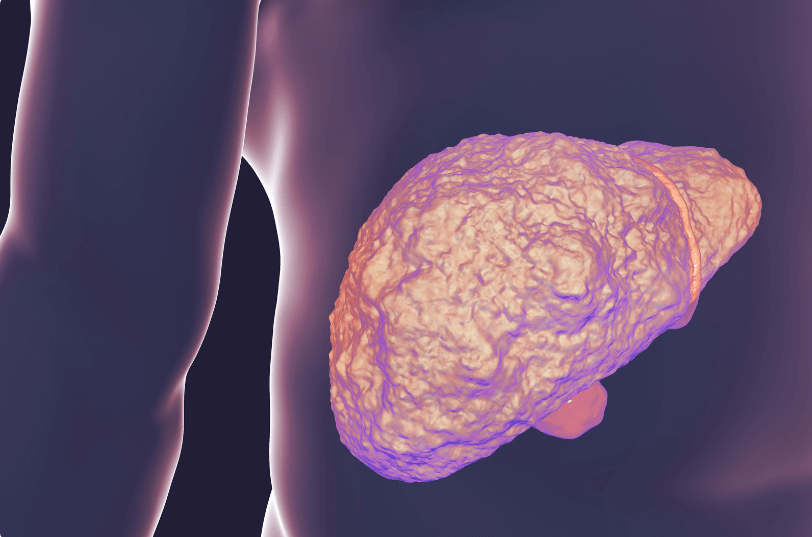
Top 10 Foods for a Healthy Liver
Share
The liver is a vital organ, performing numerous functions crucial for our well-being. It plays a key role in metabolism, detoxification, and the production of essential biochemicals.
However, the health of this organ is often overlooked. Many are unaware of the significant impact diet can have on liver health.
This article aims to shed light on the top foods that promote a healthy liver. It will delve into the benefits of these foods and how they contribute to liver health.
We will also explore the role of Reishi, a traditional remedy with potential hepatoprotective effects. Furthermore, we will provide practical advice on incorporating these foods into your diet through healthy liver recipes.
Whether you are a health-conscious individual, a patient seeking dietary advice, or a healthcare professional, this article will offer valuable insights. Let's embark on this journey towards better liver health.
The Vital Role of the Liver in Your Health
The liver is a powerhouse of an organ, performing over 500 functions. It is involved in detoxification, protein synthesis, and the production of biochemicals necessary for digestion.
Moreover, the liver plays a crucial role in metabolism, including the metabolism of fats, proteins, and carbohydrates. It also stores vitamins and minerals, produces bile for digestion, and plays a key role in blood clotting. Given its numerous functions, maintaining a healthy liver is essential for overall well-being.
Understanding the Impact of Diet on Liver Health
The food we consume has a direct impact on liver health. A balanced diet rich in nutrients supports liver function, while a poor diet can lead to liver diseases.
Fatty liver disease, for instance, is often linked to a diet high in saturated fats and sugars. Conversely, a diet rich in antioxidants, anti-inflammatory foods, and dietary fiber can help maintain a healthy liver. Understanding the connection between diet and liver health is the first step towards a healthier liver.

Reishi mushrooms, revered in traditional medicine, are gaining recognition for their potential liver benefits. These fungi are believed to have hepatoprotective effects, safeguarding the liver from damage.
Research suggests that Reishi may help combat oxidative stress in the liver, thanks to its antioxidant properties. Incorporating Reishi into your diet could be a step towards a healthier liver.
Cruciferous vegetables, such as broccoli and Brussels sprouts, are known for their detoxifying properties. They contain compounds that aid in liver detoxification, helping to cleanse the liver and enhance its function.
Incorporating these vegetables into your diet can support your liver health. They are not only beneficial for the liver but also provide a wealth of other health benefits, making them a valuable addition to any diet.
Omega-3 fatty acids, found in abundance in fish like salmon and sardines, are known for their anti-inflammatory properties. They can help reduce inflammation in the liver, which is beneficial for those with liver diseases such as fatty liver disease.
Including omega-3 rich fish in your diet can help maintain a healthy liver. It's important to choose wild-caught fish when possible, as they typically have higher levels of omega-3s compared to their farm-raised counterparts.
Nuts and seeds are nutrient-dense powerhouses that can support liver health. They are rich in antioxidants, healthy fats, and essential nutrients like selenium and zinc, which are crucial for liver function.
Regular consumption of nuts and seeds, such as walnuts, flaxseeds, and chia seeds, can help protect the liver from damage. They can also aid in the detoxification process, making them an excellent addition to a healthy liver diet.
Garlic and onions are not just flavorful additions to your meals. They are also potent natural detoxifiers that can enhance liver health. These allium vegetables are rich in sulfur-containing compounds that aid in liver detoxification processes.
Moreover, garlic has been found to activate liver enzymes that help your body flush out toxins. Onions, on the other hand, are rich in flavonoids like quercetin, known for their antioxidant and anti-inflammatory properties. Including these in your diet can contribute to a healthy liver.
Citrus fruits, such as lemons, oranges, and grapefruits, are packed with antioxidants, particularly Vitamin C, which aids the body in eliminating toxins and can even rejuvenate the liver. These fruits stimulate the liver and aid the synthesizing of toxic materials into substances that can be absorbed by water.
Furthermore, the high vitamin C content in citrus fruits is a great immune system booster. It also encourages the production of liver detoxification enzymes. Including citrus fruits in your diet can significantly contribute to maintaining a healthy liver.
Leafy green vegetables, such as spinach, kale, and collard greens, are known for their potent cleansing abilities. They are high in plant chlorophylls that absorb environmental toxins, increase bile production, and neutralize heavy metals, chemicals, and pesticides, thereby lowering the burden on the liver.
These vegetables also contain numerous antioxidants and essential nutrients that promote overall health and well-being. Regular consumption of leafy greens can significantly contribute to maintaining a healthy liver and preventing liver diseases.
Berries, including blueberries, raspberries, and strawberries, are rich in antioxidants, which are crucial for liver health. These antioxidants help to reduce inflammation and oxidative stress, which can damage liver cells and lead to liver disease.
Incorporating a variety of berries into your diet can provide a powerful boost to your liver health. They can be enjoyed fresh, in smoothies, or as a topping for whole grain cereals or yogurt, making them a delicious and versatile addition to a healthy liver diet.
Whole grains, such as brown rice, oatmeal, and whole wheat bread, are an essential part of a healthy liver diet. They are rich in dietary fiber, which aids in the elimination of toxins from the body, thus supporting liver function.
In addition to their detoxifying properties, whole grains also help to regulate blood sugar levels and reduce the risk of fatty liver disease. Including a variety of whole grains in your diet can contribute to overall liver health and well-being.
Green tea, a popular beverage worldwide, is a potent liver tonic. It is rich in antioxidants, particularly catechins, which have been shown to improve liver function and reduce fat deposits in the liver.
Moreover, regular consumption of green tea may also lower the risk of developing liver disease. However, it's important to note that green tea is a supplement to a healthy diet, not a cure-all. As with all foods and beverages, moderation is key.
Incorporating these liver-friendly foods into your diet doesn't have to be a daunting task. Here are a few simple and delicious recipe ideas to get you started:
- Reishi Mushroom Soup: A comforting bowl of soup made with reishi mushrooms, garlic, onions, and a variety of vegetables.
- Cruciferous Vegetable Stir-Fry: A quick and easy stir-fry featuring broccoli, Brussels sprouts, and your choice of lean protein.
- Salmon Salad: A nutrient-dense salad with omega-3 rich salmon, mixed greens, and a handful of walnuts.
- Garlic and Onion Quinoa: A flavorful side dish of whole grain quinoa sautéed with garlic and onions.
- Citrus Berry Smoothie: A refreshing smoothie made with your favorite citrus fruits and a handful of antioxidant-rich berries.
- Green Tea and Honey Drink: A soothing beverage of green tea sweetened slightly with a spoonful of honey.
In conclusion, a healthy liver diet is not just about the foods you eat. It's about embracing a lifestyle that prioritizes your liver health. By incorporating these top 10 foods into your diet and following the provided healthy liver recipes, you're taking a significant step towards longevity and overall well-being. Remember, your liver is a vital organ that plays a crucial role in your health. Treat it well, and it will serve you well in return.


